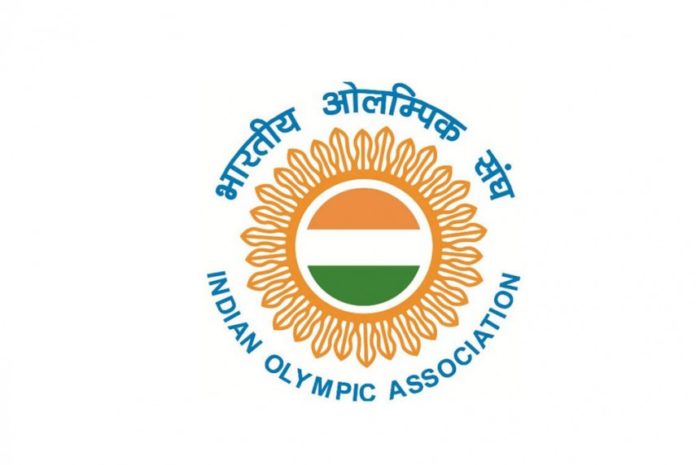New Delhi: Indian Olympic Association (IOA) president Narinder Batra raised new concerns the athletes are likely to face including spending long hours at immigration without food and water upon their arrival in Tokyo after reports from Indian Chef de Mission Birendra Prasad Baishya.
The issue came to light when the Baishya informed Batra of the difficulties that athletes from other countries are experiencing upon arrival in Tokyo. “Important issues brought to my notice from Chef De Mission meeting on July 9. Same issue was highlighted in the meeting by different countries including Czech, those who arrived at Narita airport,” Batra said in a statement on Saturday.
“They have to wait for four hours, before the immigration process to begin and they waited for three hours to board the transport. No food and no water was provided,” he added. “Germany highlighted the Volunteer services are almost non-existent,” the statement read.
The first batch of Indian athletes is scheduled to leave for Tokyo on July 17. 120 athletes have qualified for Tokyo Olympics — the most in Indian Olympic history. However, Batra wrote to the Tokyo Olympics organisers raising the issue ahead of the departure of the Indian contingent.
In response to Batra’s concerns, the organisers stated, “The issue has been raised today to the organising committee. They will work on it with the government to make sure it does not happen anymore.” Meanwhile, Batra has urged the Indian athletes to be mentally prepared as the Tokyo Olympics is held under extraordinary circumstances.
“Sharing with all of you so that you are mentally prepared for what you may very likely expect at the airport until you reach the Village, these Games are being held under extra ordinary circumstances and we should try to support Japan and go through everything with a smile,” Batra said.
Due to an increase in the number of COVID-19 cases, the Tokyo Olympics will be held without spectators under a state of emergency from July 23 to August 8. Meanwhile, the athletes would be subjected to stringent restrictions in order to ensure the safety of both Japanese citizens and athletes.





















